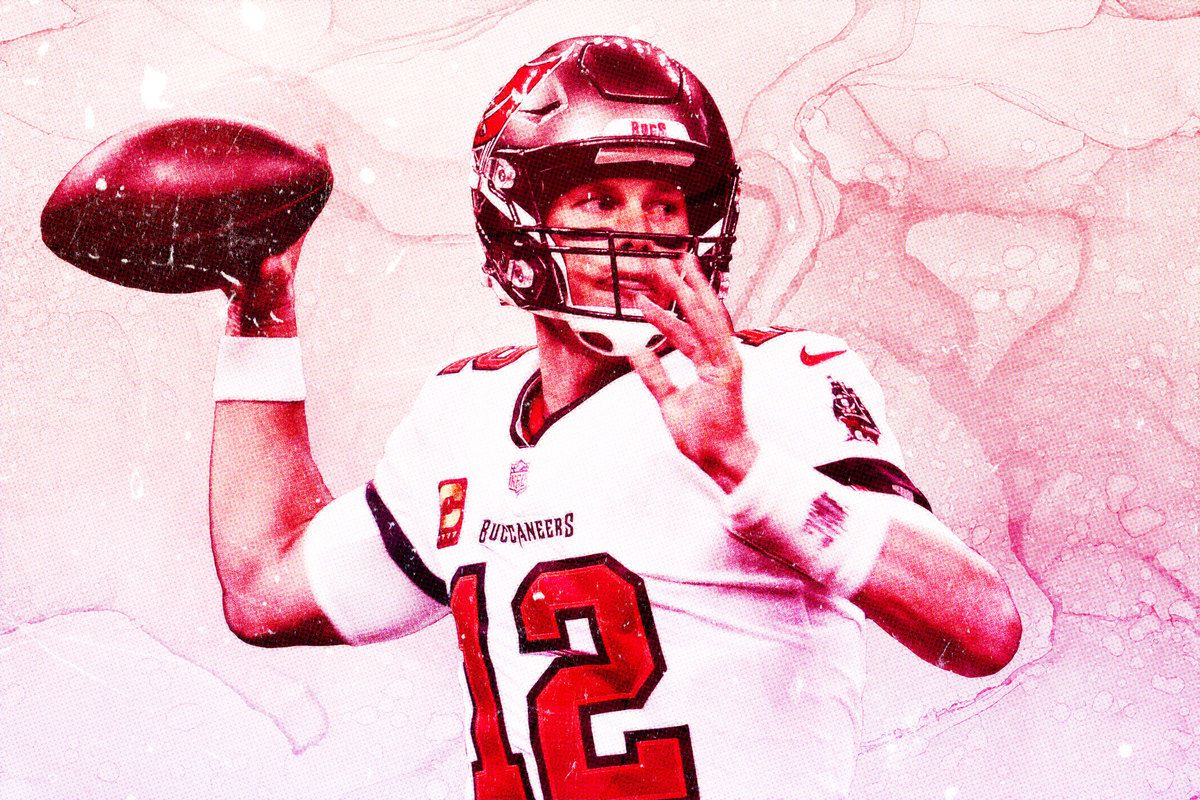
The Super Bowl is behind us. I’d bet not many people expected Tom Brady’s Bucs to deliver the thrashing they ultimately visited upon Patrick Mahomes and Chiefs. It was more than a little unnerving to watch a talented but terrified Mahomes flee Tampa’s ferocious defensive line as the game wound down.
Rather, much of the speculation pre-game was whether Brady would “seven-peat” on the big game at the ripe old age of 43. If you’ve been under a rock, he did. Brady is running out of fingers for those big fat rings. He’ll have to move on to his toes!
And of course there was the usual gamut of pre-game prop bets.
“Proposition” bets are wagers that don’t relate directly to a game’s outcome but upon which you can nevertheless put money if you so desire. How long will the game be, kickoff to final second of play? Will the halftime show have a surprise guest act? Will the total points scored be odd or even?
On and on it goes, more than enough chances to throw a few bucks down on what is either an unknowable outcome (What color liquid will be poured on the winning coach?) or a literal coin flip (Will the pregame coin toss come up heads or tails?).
My own company ran an informal online pool and the winner, a total NFL neophyte, admitted that she filled in the 35 wager questions at random. And she won the pool!
It’s all in good fun, and far from the buttoned-down seriousness of investing. But consider for a moment some of the nutty prop bets we get every year from Wall Street.
Will the stock market end the year higher or lower, and by how much? Will interest rates go up or down? Will any one sector of the market get more investor love than it did the previous year?
I would absolutely wager that nobody put money on a massive, global pandemic knocking 26% off the Dow in four days in March. Nor would many have bet that the index would end a terrible year at a record high, up 7.3%. The S&P 500 posted a 16.3% gain in 2020 and the Nasdaq ended higher by 43.6%.
And yet, here we are, well into the next year (thank goodness) and legions of Wall Street analysts and number-crunchers are once again attempting to predict the future. We get reams of dense, chart-packed reports talking about trade tensions, Federal Reserve meetings, interest rate pressures and on and on.
All of these efforts are quite serious, well-meaning predictions not without their own internal logic. As an MBA myself, I know how hard Wall Street analysts labor to justify and “prove” their outlook months in advance.
And I have to laugh, because they not only spend massive amounts of time and effort to come up with it all, but they get paid handsomely to do so — because their clients desperately want it.
Guessing right
I’ll go ahead and call it. Next year’s Super Bowl will feature Tom Brady once again leading the Bucs, and he’ll get an eighth ring. The point difference will be in the double digits, and the halftime act will be a hologram of Michael Jackson.
You were probably with me on the first part, about Brady playing again. A little less on the win prediction (he’s human and not a robot, after all), and probably even less on the point spread and my halftime act guess.
The point is that all such predictions are equally wrong-headed. Brady could retire. He could get injured or the Bucs might flame out in the postseason. It’s complete conjecture, a series of prop bets and that’s all.
Wall Street is no different. If markets go up, fantastic. If they go down sharply, chances are high they’ll come back in a reasonable period of time. History tells us that bull markets last years and bear markets last months.
That’s why investors should be prudent about their risk-taking as they get closer to retirement and, perhaps counterintuitively, be more open to risk when they’re young. Falling stock valuations are a burden for some but a bargain for others. What works depends more on you and your goals than the economy, the markets or global events in any given year.
Ultimately, the trick is not “guessing right” what will happen. It’s knowing yourself and your own financial goals clearly.




